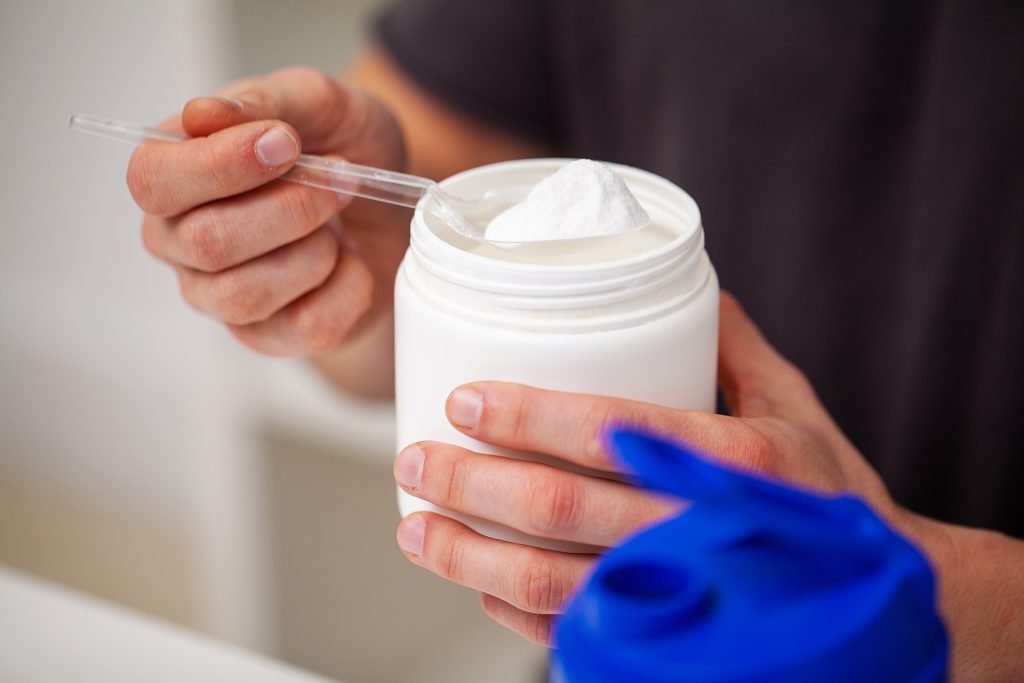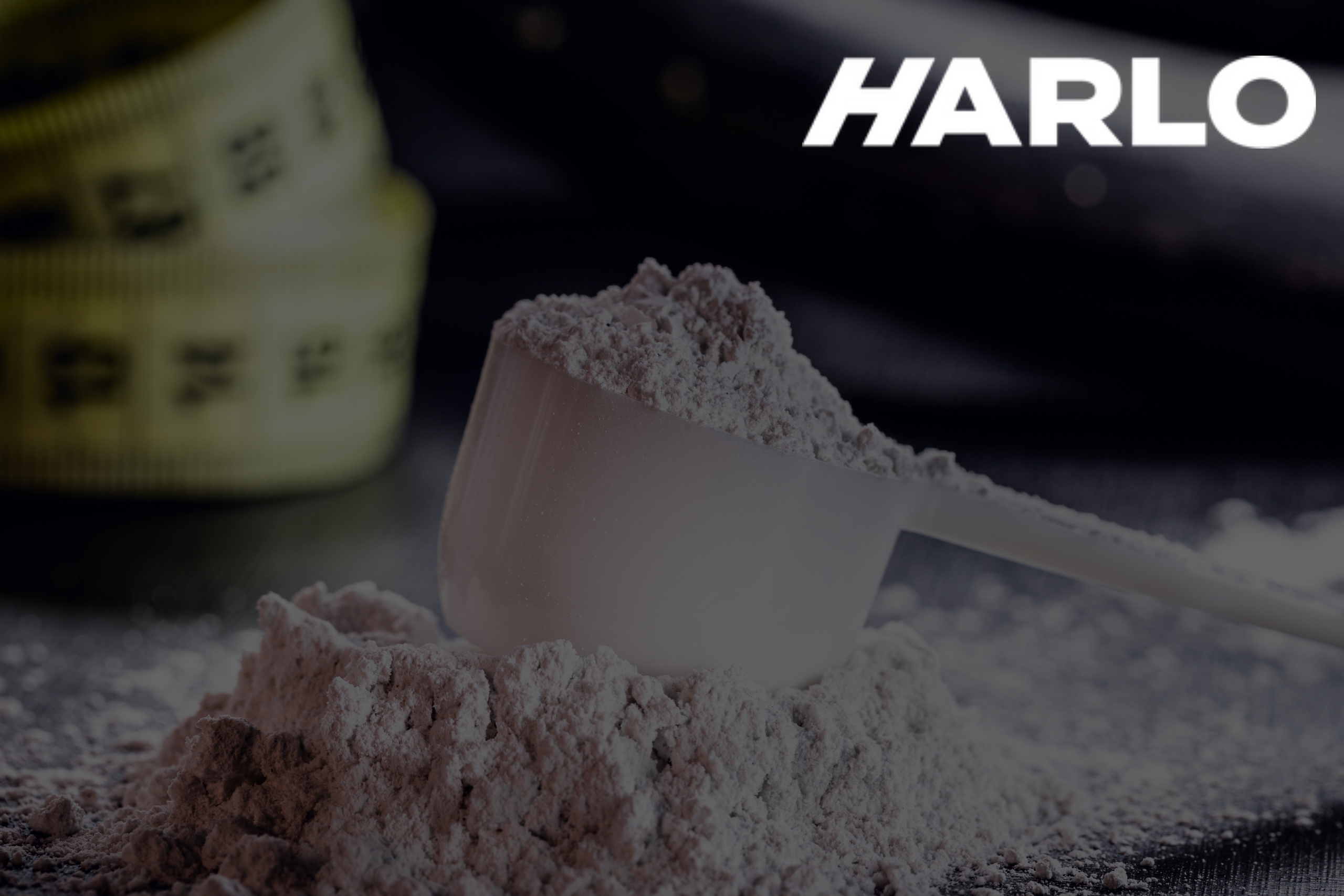Creatine supplementation has gained popularity among athletes and fitness enthusiasts as a way to enhance their performance and increase muscle strength. However, there is a need to understand the potential impact of creatine on cardiovascular health. The heart and blood vessels play a crucial role in maintaining overall well-being, and any adverse effects of creatine on these vital organs could have serious consequences. This article aims to delve into the effects of creatine supplementation on cardiovascular health, providing a comprehensive understanding of its impact on the heart and blood vessels. The topics covered in this article include the role of creatine in energy production, its effects on blood pressure and heart function, and the potential interactions with cardiovascular medications. By examining these aspects, individuals can make informed decisions about the use of creatine as a dietary supplement, considering their cardiovascular health implications. It is crucial to gain a deeper understanding of the effects of creatine on the heart and blood vessels to ensure the overall well-being and safety of individuals engaging in creatine supplementation.
The Role of Creatine in Energy Metabolism
Creatine is essential for cell energy transmission and ATP replenishment. ATP is the major energy source for cells. ATP produces ADP and inorganic phosphate when used.
Creatine stores high-energy phosphate groups and helps recycle ADP into ATP via phosphocreatine resynthesis. This happens in energy-intensive tissues like the heart and skeletal muscle.
Creatine maintains ATP levels and energy delivery in energy-intensive tissues like the heart. The heart needs a lot of energy to pump. The heart needs efficient energy transmission and ATP replenishment to operate normally.
The effects on cardiovascular function are significant. Studies show creatine supplementation improves cardiac energy metabolism and ATP generation. This may enhance heart health and cardiovascular function. Additionally, creatine supplementation may help cardiovascular illnesses like heart failure. However, further study is required to understand creatine supplementation in cardiovascular diseases and its processes and ideal doses.
Creatine is essential for ATP regeneration and energy transmission. It is essential for appropriate cellular activity in high-energy tissues like the heart. The possible effects on circulatory function make creatine a promising cardiology study topic.
Creatine and Cardiac Performance
Numerous research have examined how creatine supplementation affects heart function. Creatine, a naturally occurring chemical, is stored in muscles and utilized for energy during intense activity. However, current study suggests creatine may improve cardiac output and contractility.
Creatine supplementation boosted left ventricular function, which pumps oxygenated blood to the body, in one research. Improvement in cardiac function was attributed to increased phosphocreatine levels, a heart muscle energy source. Creatine also increased heart cell calcium sensitivity, which is essential for muscular contraction.
Another research examined creatine’s effect in exercise-related cardiovascular performance. Heart failure patients’ maximum exercise capacity and exercise tolerance improved with creatine administration. Creatine may assist those with poor heart function perform better physically.
Creatine supplementation improves heart function, according to research. It may boost cardiac output, contractility, and exercise performance. To understand these effects and establish the best creatine dose and duration for heart function, further study is required.
Impact of Creatine on Blood Pressure
Meat and fish contain modest levels of creatine. It is also consumed by sportsmen and bodybuilders as a supplement to boost performance and muscle growth. However, creatine may affect blood pressure.
Several research have examined creatine and blood pressure. In several research, creatine supplementation did not lower blood pressure. In 2016, the Journal of Strength and Conditioning Research released a meta-analysis that found creatine supplementation did not raise blood pressure.
However, some research show creatine supplementation may help regulate blood pressure. A 2015 Journal of Hypertension research indicated that creatine supplementation lowered blood pressure in hypertensives.
Despite these studies, creatine’s effect on blood pressure is still debated. Some think creatine promotes high blood pressure, but science disagrees. Creatine supplementation may affect people differently, so check a doctor before using any new supplement.
Creatine and blood pressure study has shown neutral and favorable effects. Some studies show no differences in blood pressure, while others show improvements. Concerns and misunderstandings about creatine’s blood pressure effect exist. People should see a doctor before using creatine supplements.
Creatine and Endothelial Function
Vascular tone and blood flow depend on endothelial cells. Blood arteries’ inner walls are lined by these cells, which separate blood from tissues. Endothelial cells release NO, prostacyclin, and endothelin-1 to maintain vascular homeostasis.
Several studies have studied how creatine, a popular athletic supplement, affects endothelial function. Somewhat inconsistent outcomes. Research suggests that creatine supplementation may enhance endothelial function by boosting NO generation and lowering oxidative stress. A strong vasodilator, NO enhances blood flow by relaxing blood vessels.
However, some research show creatine supplementation may not affect endothelial function. Creatine affects endothelium health via unknown methods. Creatine may increase L-arginine bioavailability, a precursor to NO synthesis.
Creatine has varied impacts on endothelial function. More study is required to understand the processes and find the best amount and duration of supplementation for endothelium health.
Creatine and Cardiovascular Disease Risk
Recent study has examined creatine supplementation and cardiovascular disease risk factors. Several research have examined creatine’s effects on lipid profiles, inflammation, and oxidative stress, suggesting its potential role in cardiovascular disease prevention and therapy.
One study examined how creatine supplementation affects lipid profiles. Long-term creatine supplementation may raise total cholesterol, according to certain research. The effects on triglycerides and HDL cholesterol are unclear.
Creatine also modulates inflammation and oxidative stress, which contribute to cardiovascular disease. Creatine supplementation may minimize oxidative stress and inflammation. These effects may reduce cardiovascular disease risk.
The study linking creatine supplementation to cardiovascular disease risk factors is encouraging, but further research is required to understand the processes and make recommendations. Future studies should emphasize long-term impacts and population-specific effects.
Current evidence shows creatine supplementation may help prevent and control cardiovascular disease. More study is required to fully understand the effects and create safe and effective usage recommendations.
Safety Considerations and Precautions
Creatine supplementation is popular among athletes and fitness enthusiasts for its ability to boost performance and muscle growth. Its safety, especially for cardiovascular health, is questioned.
Creatine supplementation seems to be safe in healthy people, according to recent study. Pre-existing cardiovascular problems need vigilance. Creatine may raise body weight, blood pressure, and cholesterol, worsening cardiovascular issues, according to research.
People seeking creatine supplements should visit doctors beforehand. Doctors may analyze the patient’s health, cardiovascular problems, and creatine supplements.
Creatine should also be used in moderation and according to dose requirements. Creatine hazards may be reduced by following guidelines and taking rests.
Creatine supplementation may improve sports performance, but anyone with cardiovascular issues should visit a doctor before starting it. Creatine usage may be safe and responsible by following doses and breaks.

Conclusion
In conclusion, the available evidence suggests that creatine supplementation may have a positive impact on cardiovascular health. Research studies have indicated that creatine may improve certain markers of cardiovascular function, such as blood pressure and lipid profiles. However, the mechanisms underlying these effects are not fully understood, warranting further research into the subject. Therefore, it is crucial to conduct more studies to elucidate the specific mechanisms by which creatine affects cardiovascular health. Despite this need for further investigation, individuals may consider incorporating creatine supplementation as part of a comprehensive approach to protecting and enhancing cardiovascular health. Alongside regular exercise, a nutritious diet, and lifestyle modifications, creatine supplementation could potentially offer additional benefits for cardiovascular well-being. However, it is important to consult with healthcare professionals before beginning any supplementation regimen to ensure its safety and suitability for individual needs. Overall, the current understanding of creatine’s impact on cardiovascular health highlights the importance of continued research in order to provide a more comprehensive understanding of its effects and benefits.

